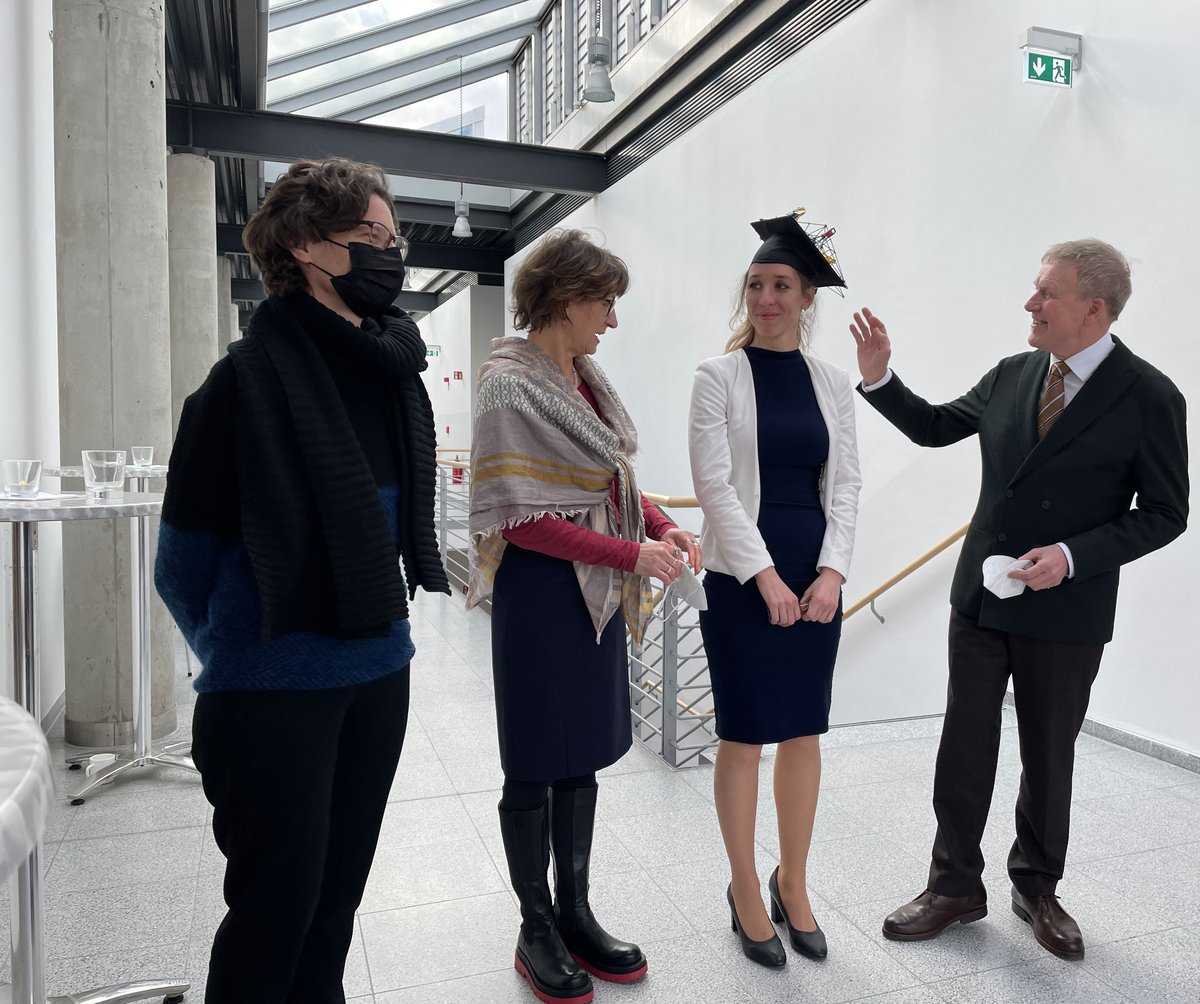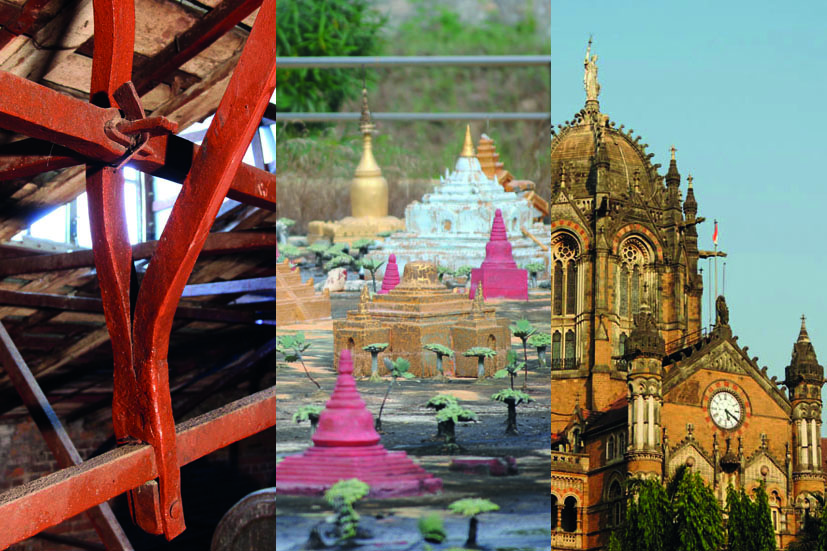Three more successful doctoral defenses at DFG Research Training Group 1913
Civil engineer Aleksandra Kosykh received a summa cum laude for her innovative and investigative study on the first load bearing iron structures built in Russia during the 18th century. As predecessors of more complex and celebrated iron constructions built in the 19th century, these systems are an important link in the development of metal works and engineering science. They are indicative of rare construction techniques, early design rules, and iron manufacturing processes. Her PhD “Pioneers of Modern Construction. Building with Iron in 18th century Russia” was supervised by Prof. Dr.-Ing. Werner Lorenz at BTU Cottbus-Senftenberg and Prof. Dr.-Ing. Ine Wouters (VU Brussels). Following subsequent funding at the Research Training Group for doctoral and postdoctoral positions Aleksandra Kosykh is currently preparing a proposal for an independent researcher’s position (Eigene Stelle) in collaboration with the DFG-Priority Program “Cultural Heritage Construction”, supported by BTU Cottbus-Senftenberg with a postdoctoral grant. Aleksandra Kosykh has published in various international conference proceedings since 2018 and in the edited volume “Konstruktionssprachen” (de Gruyter 2020).
Clara Rellensmann is a World Heritage Studies graduate from BTU Cottbus-Senftenberg (2010) who joined the Research Training Group in 2017 after several years of professional expertise at the Mercator Kolleg and for the UNESCO in Rangoon and Bangkok. Since 2017 she is a Research Associate at the Chair of Architectural Conservation. In her PhD “Appropriating Sacred Spaces. An Investigation of Bagan’s Rebuilt Landscape”, for which she was awarded summa cum laude after her defense, she provides a nuanced assessment of the large reconstruction program under the military regime in Myanmar’s most prominent historic site – the sacred landscape of Bagan. Clara Rellensmann’s investigation aims at authenticating this reconstructed landscape as a recent time layer in Bagan’s planning and construction history, a spatial manifestation that reflects past and present religious cultural practices as well as national politics and identities.
Shraddha Bhatawadekar completed her PhD with a successful defense of her thesis “Where Technology meets Living Heritage: Understanding the Significance of Built Railway Heritage through a Case of Chhatrapi Shivaji Maharaj Terminus (CST), Mumbai” in April 2022 (magna cum laude). As historian and archaeologist by education and heritage expert by profession, Shraddha Bhatawadekar has joined the Research Training Group in 2017 after successive fellowships with Fulbright (Ann Arbor, Michigan) and Humboldt (BTU Cottbus-Senftenberg). The primary focus of her doctoral research has been the interface of technology with built fabric in a contemporary living settling at CST and how it shapes the significance of the place. In a critical historical perspective she discusses the evolution of the place through time and its reciprocal relationship with the city, society, and railways thus contributing to a more holistic understanding of its significance. Shraddha Bhatawadekar is currently co-funded as postdoc fellow by the Research Training Group at BTU Cottbus-Senftenberg and the Max-Planck-Institute, KHI Florence for developing a collaborative research proposal on “Decolonizing Museum Narratives. A Comparative Study”.


